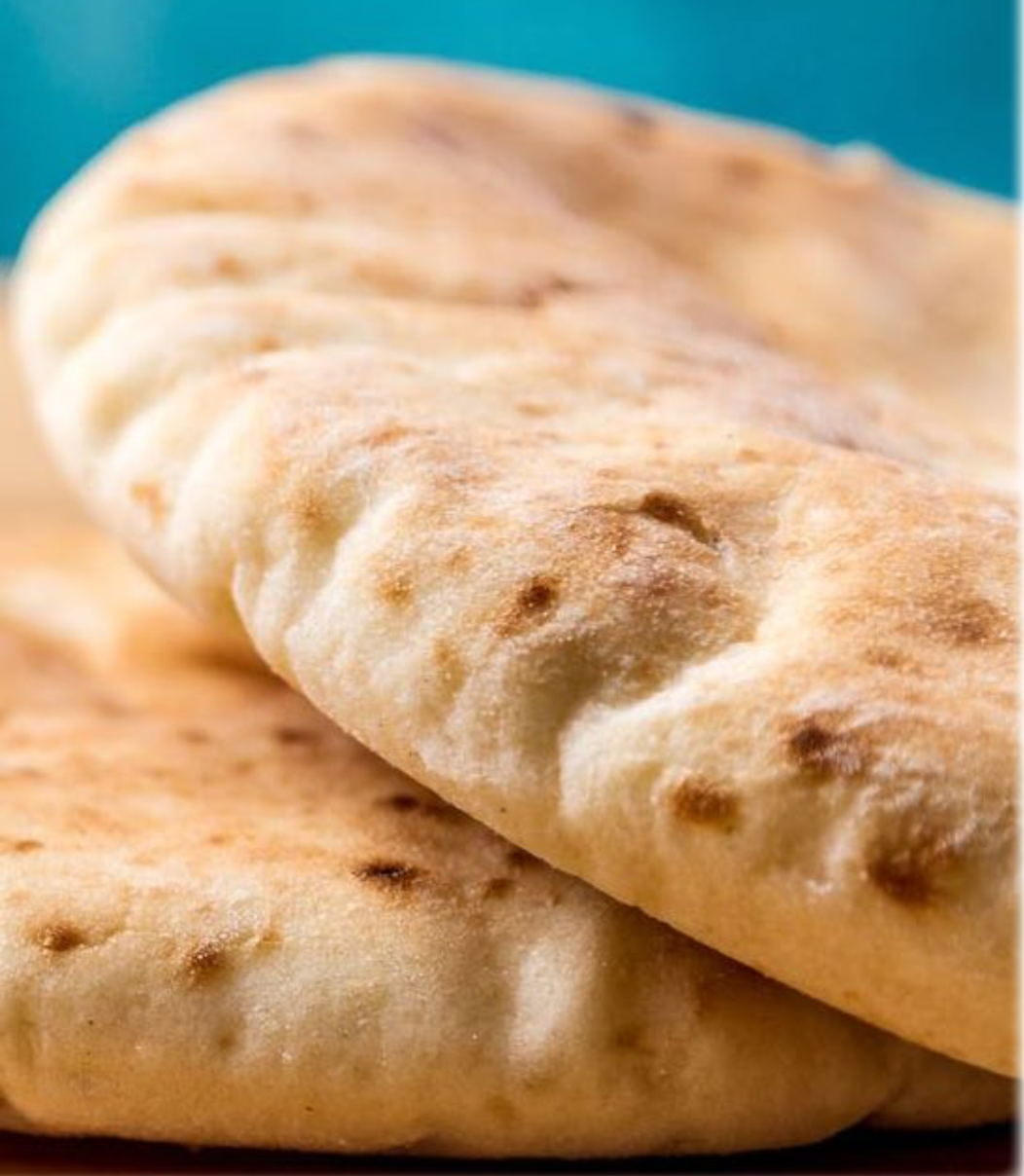Kuboos or Khubz is a flat Arabian pita bread / roti made with wheat flour or all-purpose flour. Pita bread can also be made with fiber enriched flour to create a healthier high in fiber staple food.
However Arabic bread manufacturers often face challenges to keep breads fresh for more than 2 days as they do not contain any preservative or anti-staling ingredients which would increase the cost of this price sensitive product.
